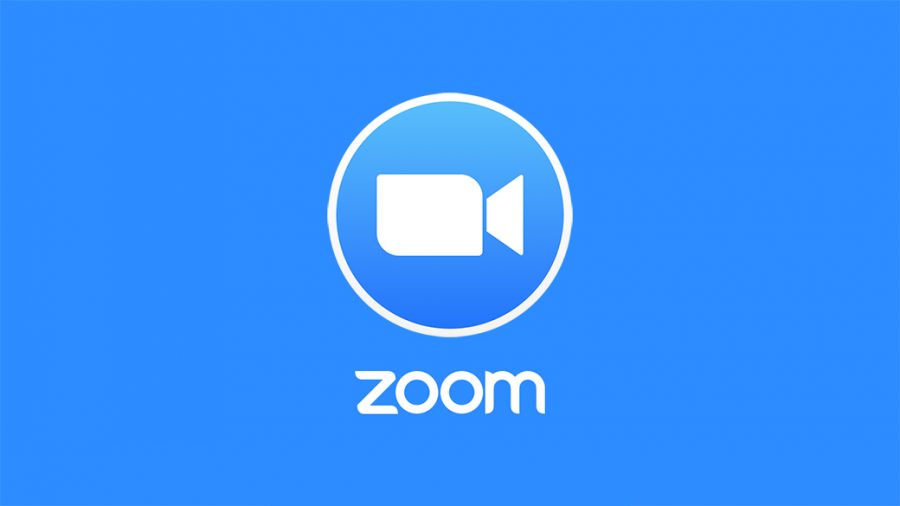A Fool for Online School
November 17, 2020
Stay at home schooling has its ups and downs. So far at Sultana Highschool, online education has been going on for about four months and people are wondering what effects of online schooling has on students.
To answer the question about what are the effects of online education, we first have to answer the question about if online school is even effective. Students across America have to deal with the issue of online education.
The one on one human interaction fails to translate through a typical Zoom call. So does this mean that all students will lack an understanding of any subject or class they take?
According to Sussanna Leob in How Effective is Online Learning? What the research does and doesn’t tell us, “online time cannot provide many of the informal social interactions students have at school.” The interaction with not only teachers but other students greatly affects a student’s way of learning. Human interaction benefits one’s ability to learn. The lack of interaction could make or break a student’s learning pattern.
One might ask, does online learning still show any positive outcomes? In Sussana Leob’s article, she explains, “If students fail Algebra, they may be able to catch up during evenings or summer using online classes”
This is implying that online school benefits students who fail to keep up with the teacher’s pace. Online school provides outlets to help students that are behind moreover than a traditional public school. But this does not mean that actual students who have to tolerate online school feel the same way.
Sara Fulkerth, a senior from Sultana Highschool states, “it’s gotten better since the start in August, but it is overall very mentally draining. Some teachers try to make it fun and interactive but it’s not the same as it would be in class”.
Although online school may seem easy to do work on one’s own time, most students are not self-motivated. Students feel that online school lacks hands-on learning. Considering that most students are visual learners, online schooling becomes problematic.
As Victor Pantoja, senior, states, “online school makes me more stressed cause I don’t have the same resources I had in school.”
Not only students, but teachers also have to deal with online school chaos. Mrs. Lambdin, an English IV teacher dislikes the distance learning model: “I do not think online school is effective at all as it does not allow students and/or teachers to use any type of creativity or critical thinking which to me as a teacher is vitally important.”
Mrs. Lambdin believes that Zoom disconnects students from the teacher. Making it practically impossible for anyone learning from home to absorb and learn information.
She also explained the pros and cons of online learning through Zoom specifically. Lambdin said, “The only thing that I like about distance learning is the fact that most of the time I don’t have to deal with any behavior issues. Everything else is horrible about it. As a teacher, it feels like I am constantly on call and that I have to limit all of my creative assignments due to the lack of motivation and the lack of supplies that students have available to them.”
Online education is not only ineffective, it creates chaos. It seems that most students and teachers do feel a level of discomfort with online school. Distance learning leaves most students confused and stressed and teachers feel similarly disconnected.
Although we can not say online school is the most effective, it allows students to manage their own time. It also provides students an opportunity to get ahead with school work. Most importantly, online school is the only other way to end the spread of COVID-19.
